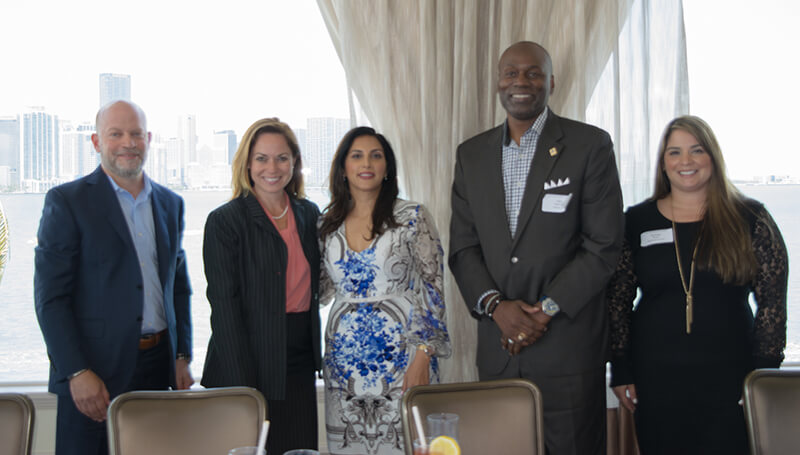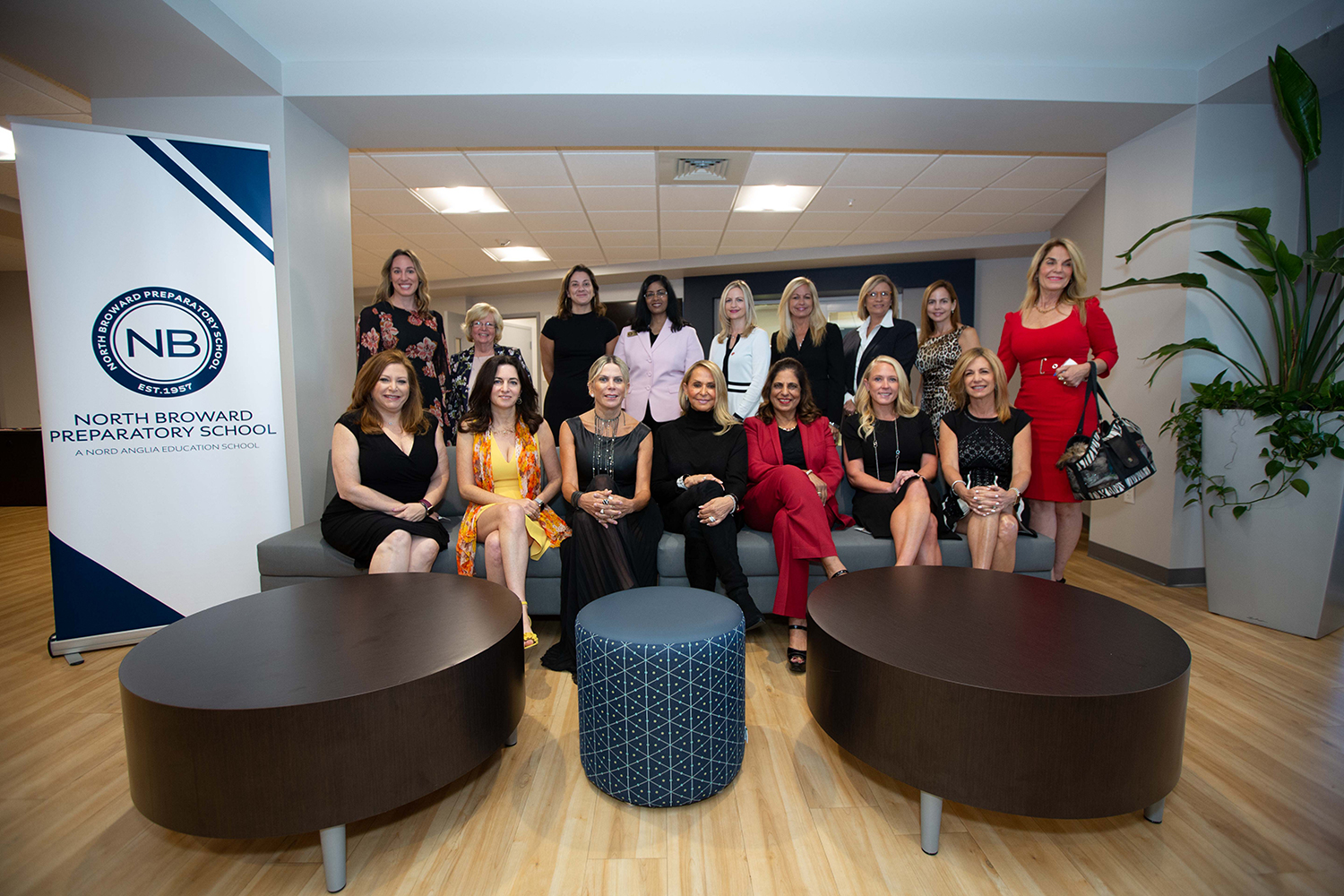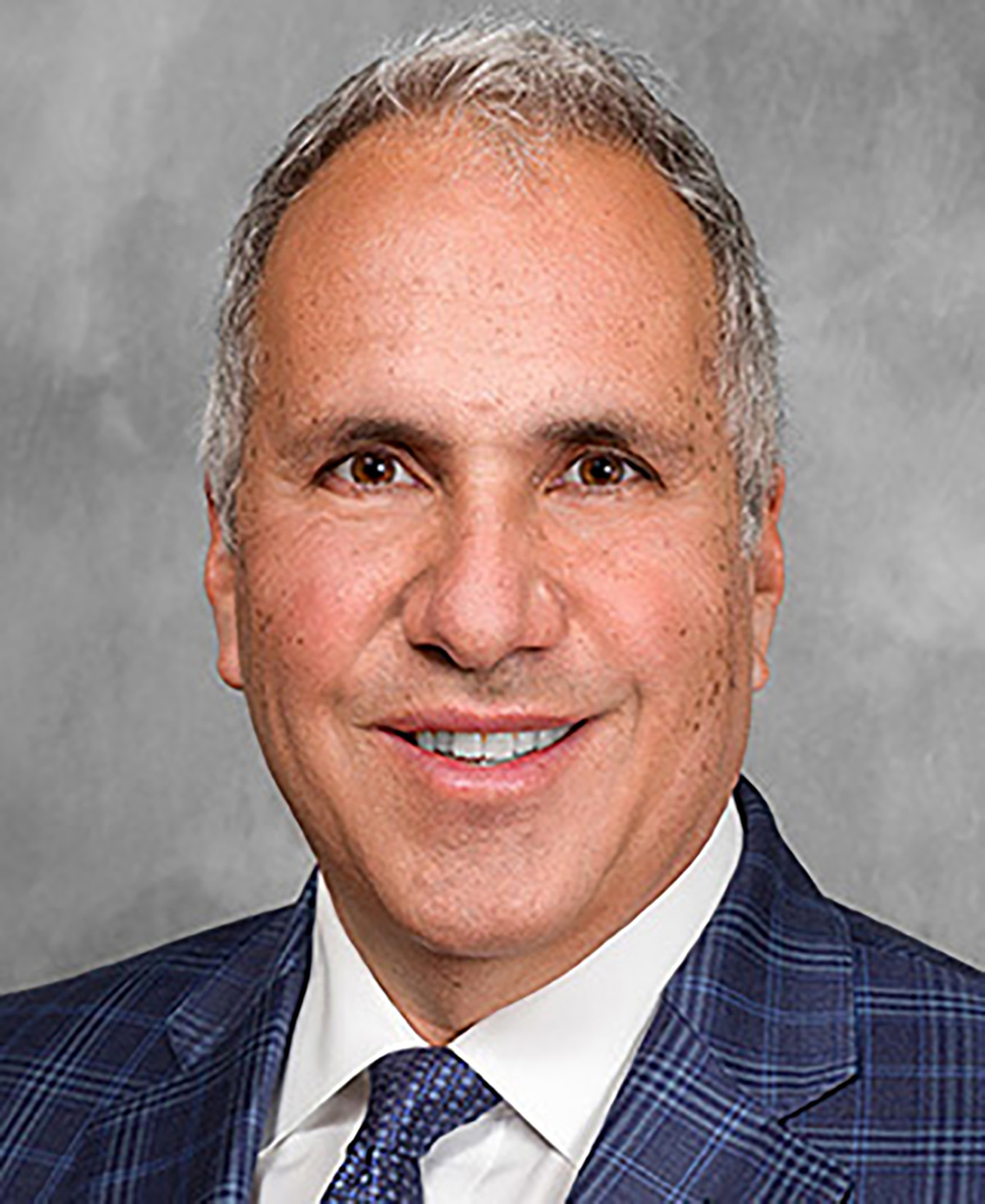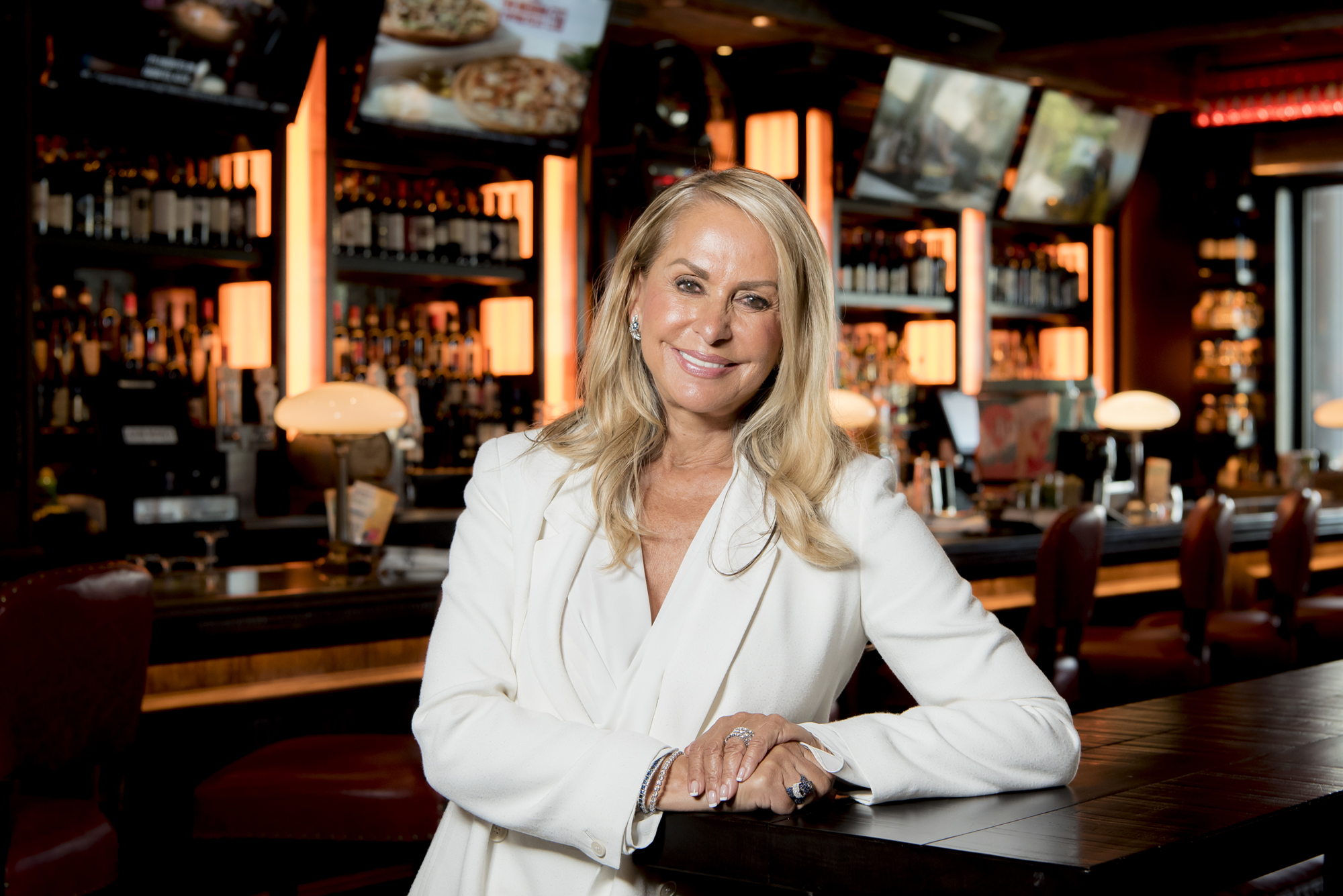Top executives share tips
Panelists at the May 8 South Florida Executive Roundtable convened at the Rusty Pelican on Key Biscayne to discuss challenges ahead, lessons learned, and tips on employee training. SFBW is the exclusive media partner of this executive-level luncheon. The moderator was Michelle Martinez Reyes, chief marketing officer at Greenspoon Marder.
The panelists:
• Susan Amat, CEO and founder of Venture Hive.
• Gary Eppinger, global CISO and corporate privacy officer for Carnival Corp.
• Brad Meltzer, president of Plaza Construction Group Florida.
• Geeta Nayyar, chief health care and innovation officer for Femwell Group Health.
The following takeaways have been edited for brevity and clarity.
How does the rate of change affect training and talent management at your organization?
Meltzer: We found that the new generation loves training. In fact, during the interview process they ask us about our training program. For us, training is two things: There’s an investment, of course, and there’s a certain amount of discipline required. If a corporation has made that commitment, then the most-impossible can be pulled off.
Eppinger: How training has evolved for us is that is used to be traditional. Now we do a ton of online training and project-based training. I would love to allocate more to training, because one of the major reasons why people leave is that they are not properly being trained, not being challenged and don’t have great leaders leading them.
Amat: Frustration with older employees is a thing that keeps coming up when organizations begin looking to become a digital company and become more technology-savvy. But people who have been at the company for a long time might not be as flexible and as technologically savvy. I think one of the largest challenges in culture to overcome is changing the entire spectrum of how employees communicate and find their individual places to add value.
We work with some of the most risk-averse types of organizations that you could imagine. Part of why they’ve been able to scale and be the market leader, with what might seem like bureaucracy, is that they have all lots of processes in place and checks and balances.
The challenge is how do we help get that process down to the shortest time period possible. And that can happen at every level from procurement to approval process from HR—everyone knowing that there are ways that you can find better efficiencies and be able to share them and know that they can be empowered to make those changes themselves.
It’s really mindset and culture, and it doesn’t take a long time for people to feel empowered.
Eppinger: I think it’s leaders, too, as it is up to us to do more than just talk. We have to be change agents. And when folks come up with great ideas, we have to think of ways to empower them and support them. We can’t sit back in our offices and say, “Yes, this is an innovative company” and, at the end of the day, keep doing things the same old way.
What role does failure play?
Eppinger: You can’t deny that failure will happen. You have to acknowledge, learn from it and then quickly move on.
Meltzer: You also have to promote an environment where people are not afraid to make mistakes or, even worse, be afraid to let you know that they’ve made a mistake. If they don’t report it, then you’ll have big problems. It’s better to deal with it early on than letting it go on for too long and having your people come forward to try to analyze for solutions.
Nayyar: Failure is still progress. I think you have to expect and embrace it. One of the first things they teach you in medical school, from a malpractice standpoint, is that when you actually say, “Sorry,” and you fall on your sword, the chances that you end up in a lawsuit are very small. So taking ownership and accountability is OK.
Amat: With failure, if you’re not really thinking big enough, you’re never going to be able to create things that are truly disruptive. A lot of the times failed experiments are not documented along with what was learned and all the research that was done. And that information might be the tipping point for something else in another department, in another city of that organization to help them go to the next level.
What do you think is the greatest challenge that your organizations will face for the next five years?
Meltzer: For me, it’s employee acquisition and employee retention. In my business, we need to go and get new projects, but if we don’t have qualified people to build them, then we can’t build them. We need to find ways to keep great employees on board while we’re hitting our bottom line, getting ready for the next project.
Nayyar: In the medical field, we are going from the traditional pay-per-service model to the pay-for-value model and we are changing the industry more to a consumer model. One of our biggest challenges, is for the first time, people are shopping around for their health care. There’s a great deal of regulation going on in the industry. As a whole, a lot of hospitals are buying up medical groups.
Eppinger: There’s a huge base of products and the customers we have. Twenty-four million customers get on a Carnival ship every year, so we’ve got that huge expectation year after year. We have to try to reinvent ourselves.
Amat: We are a software company and we do business training consultants. We build programs for companies and almost all of our platform licensees and our big consulting projects at this point have been for Fortune 50 companies. And that’s troublesome for me, because there are lots of companies that have 100 to 1,000 employees who really need to start changing today. And it’s very challenging to help give them a different view of what they could be doing internally, easily, at scale.
Tickets for future Executive Roundtable luncheons are available via sfexecroundtable.com. ♦








